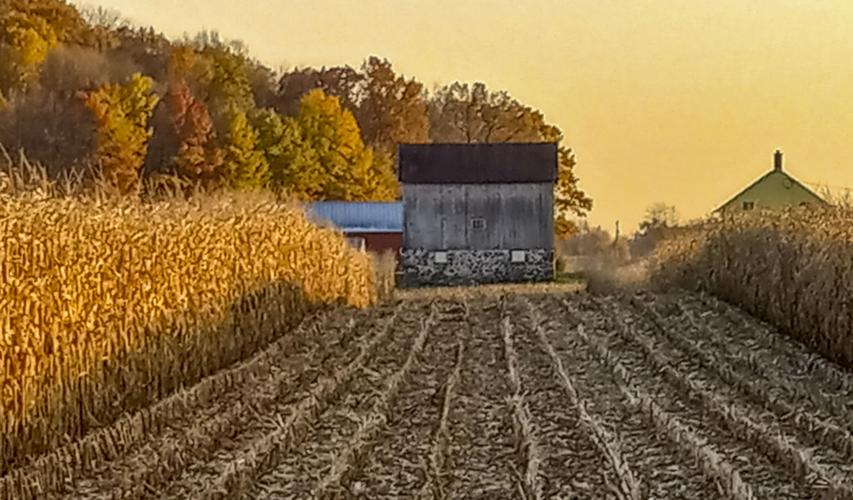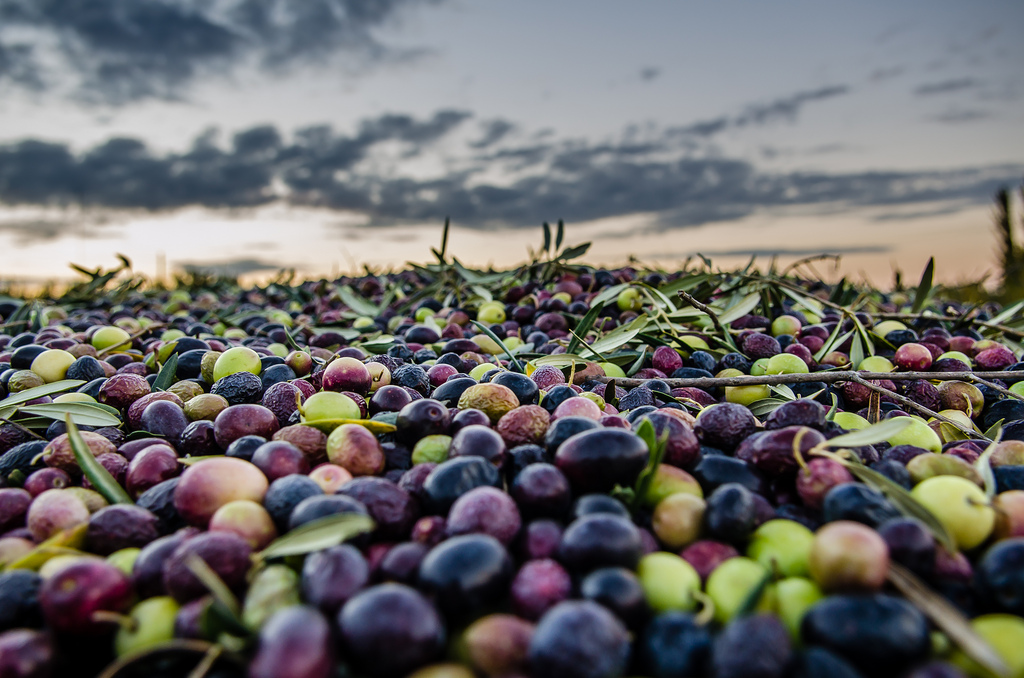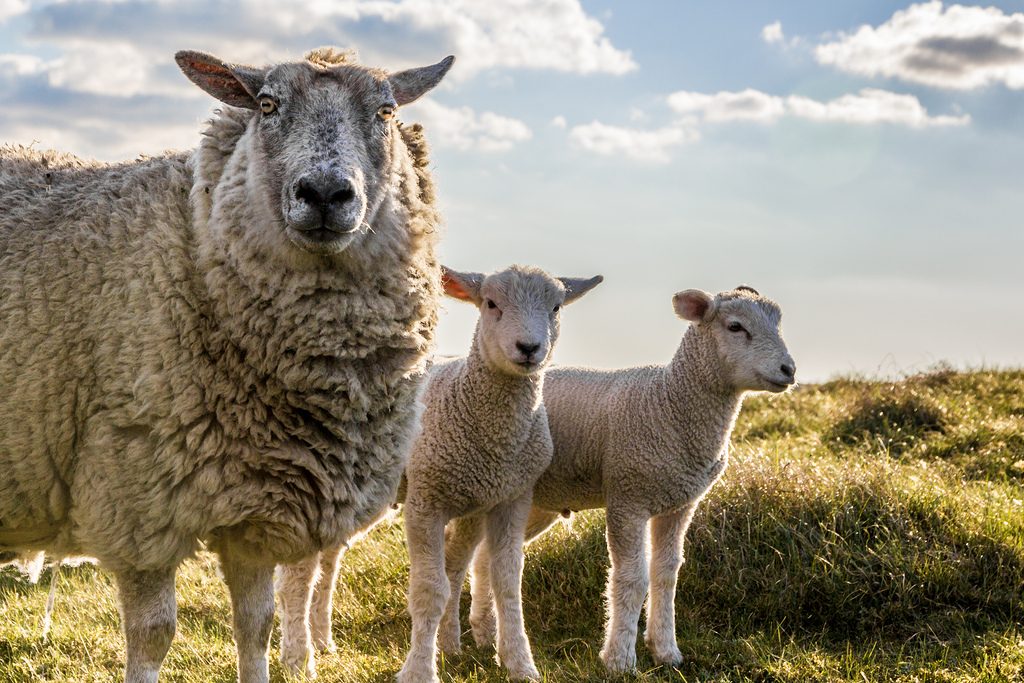
“Our business has grown rapidly over the past 14 years and being able to supply certified kosher products has definitely aided this growth,” Dawn Sharkey, Kosher Coordinator at Van Drunen Farms, in CA.
KOSHER FOOD PRODUCTION





“Our business has grown rapidly over the past 14 years and being able to supply certified kosher products has definitely aided this growth,” Dawn Sharkey, Kosher Coordinator at Van Drunen Farms, in CA.



